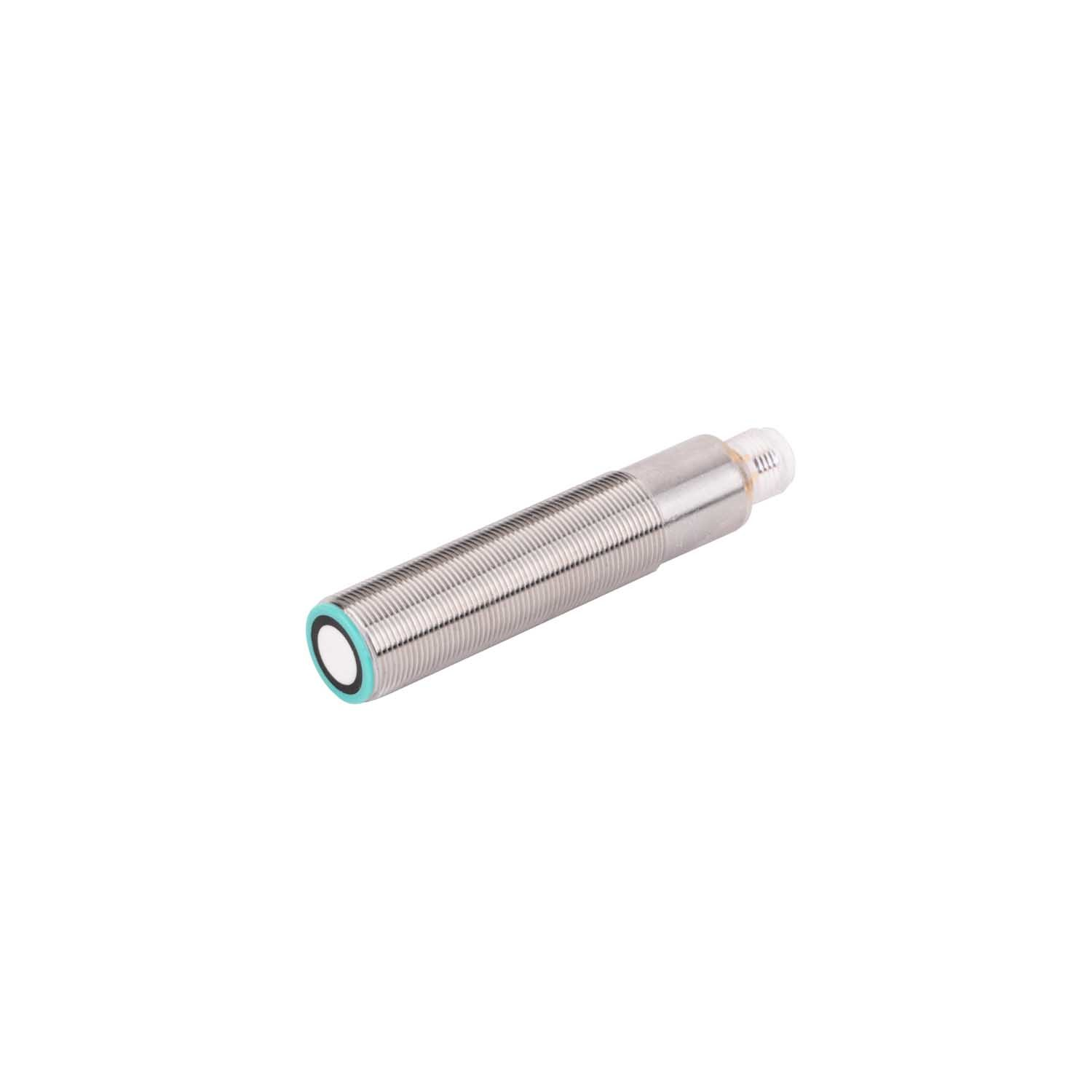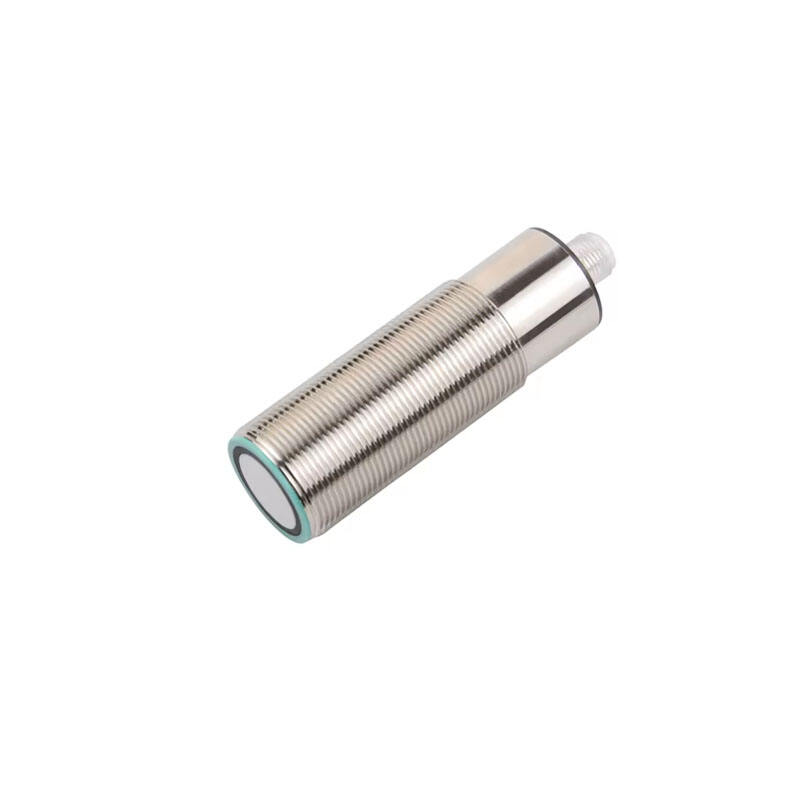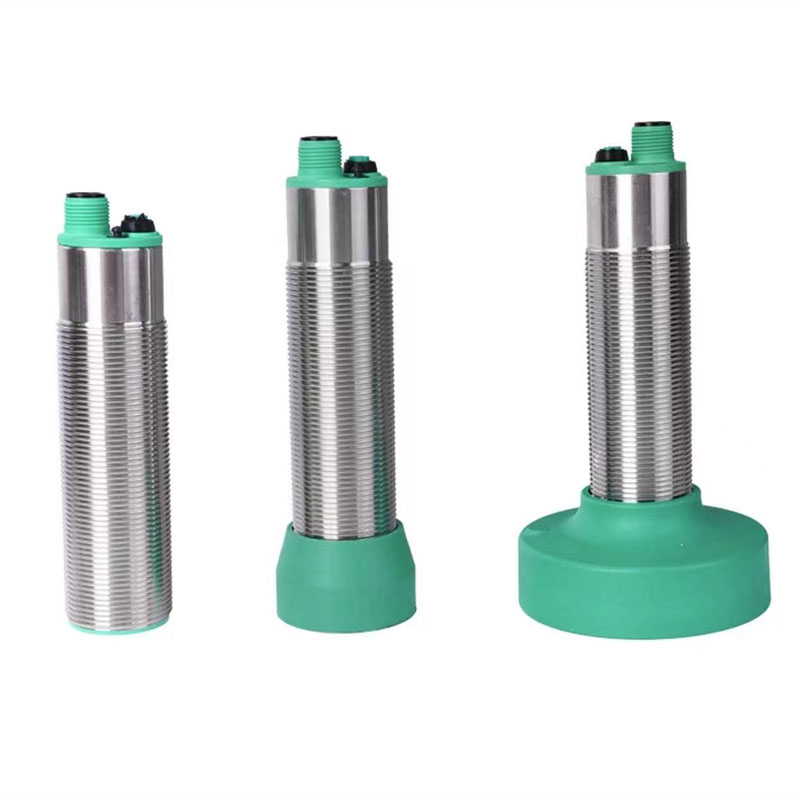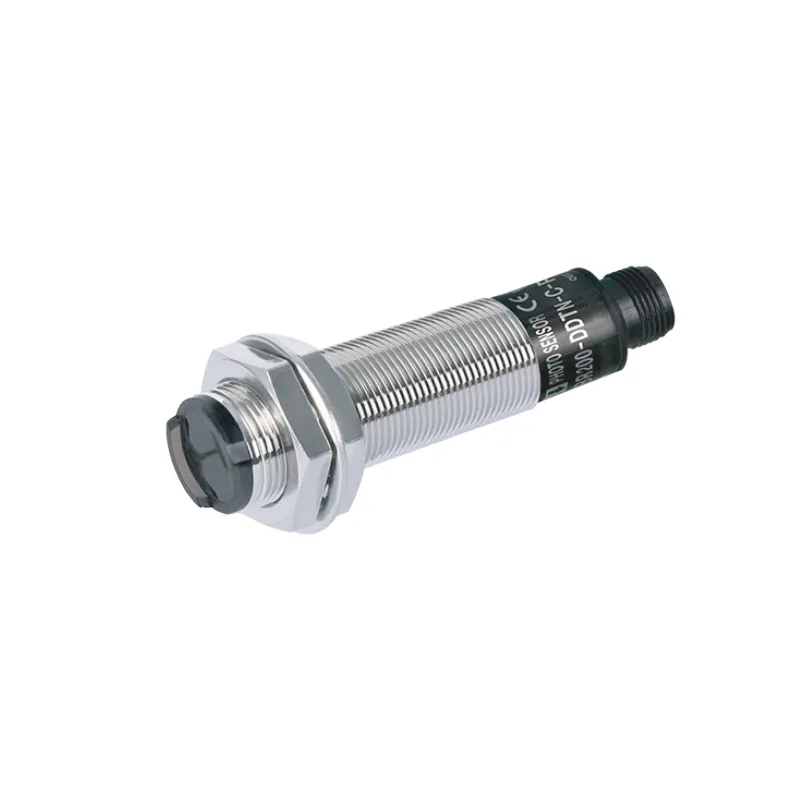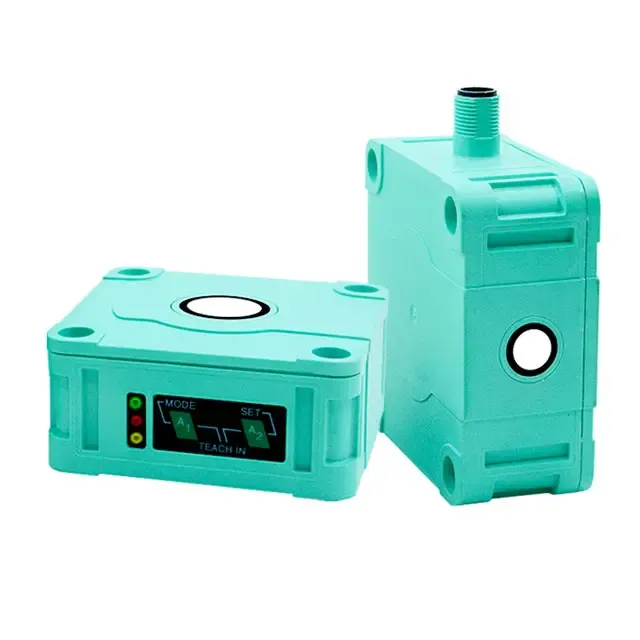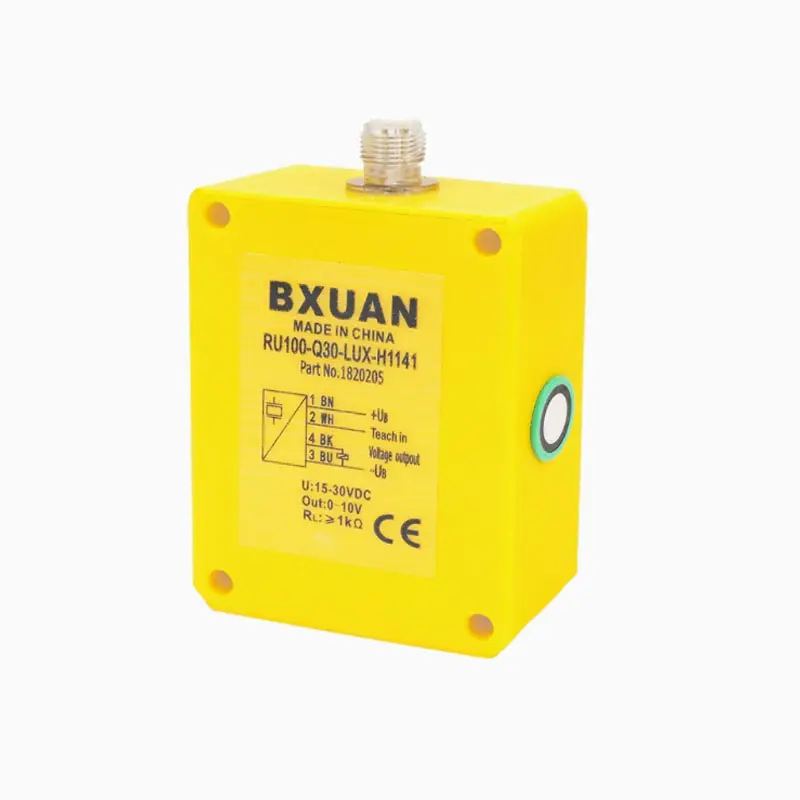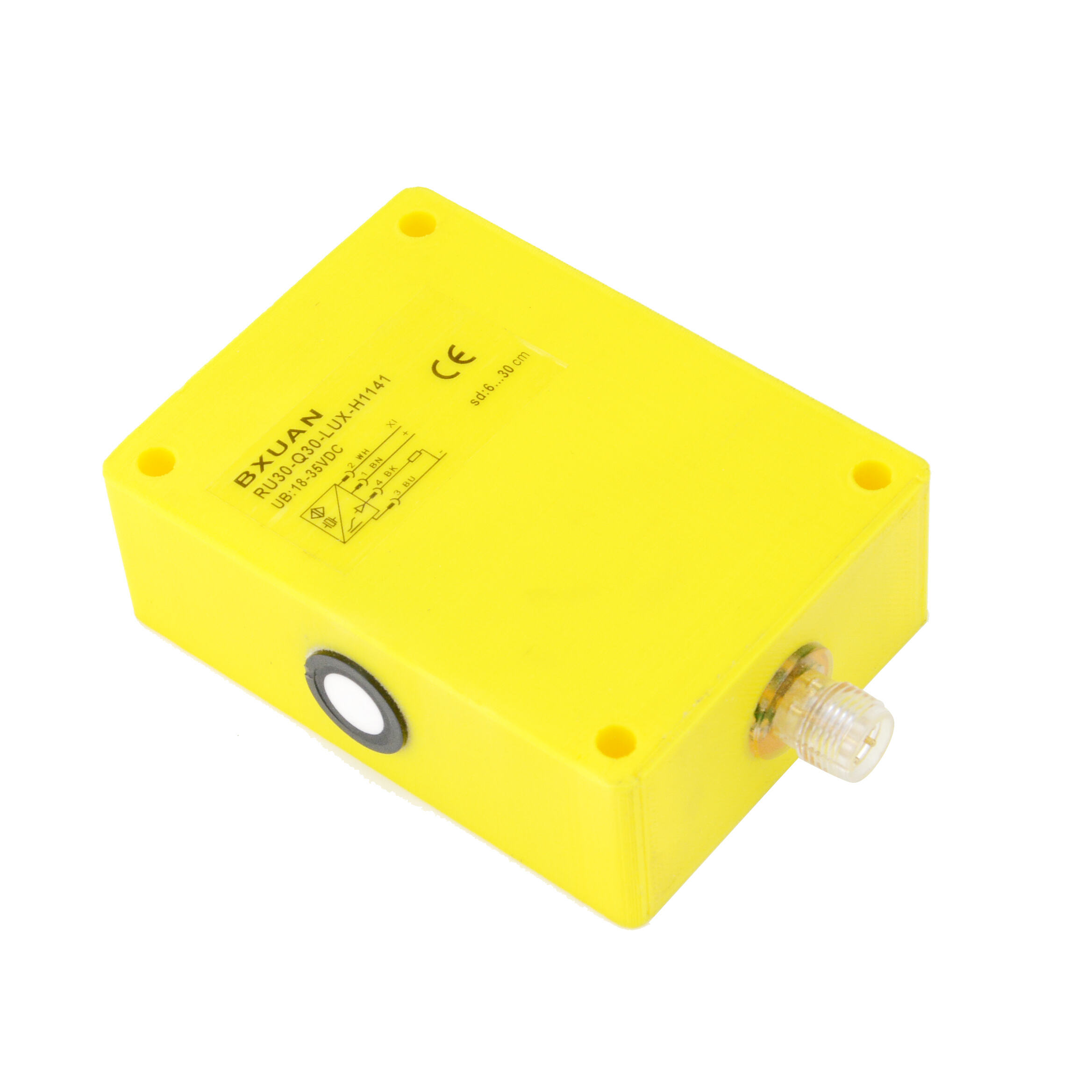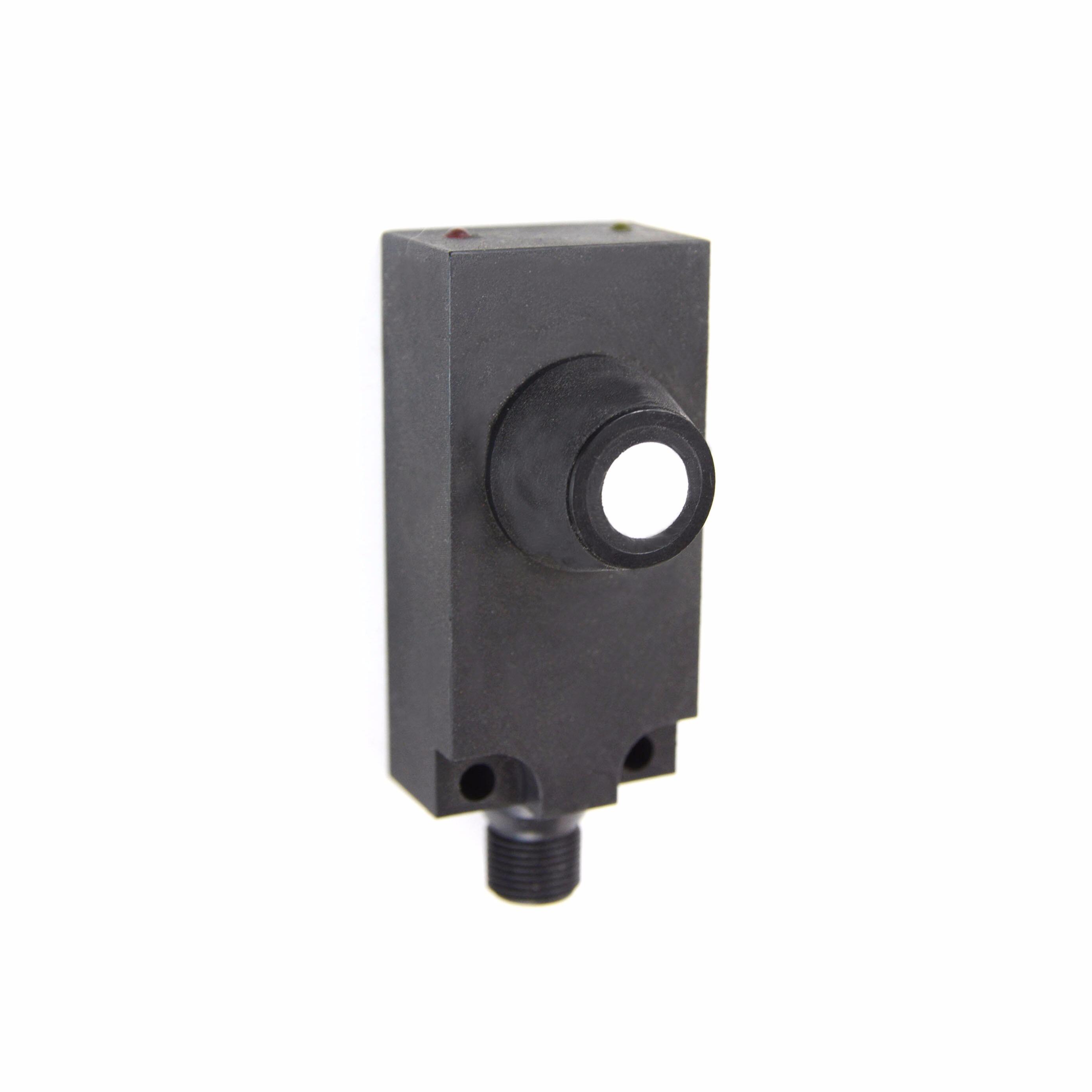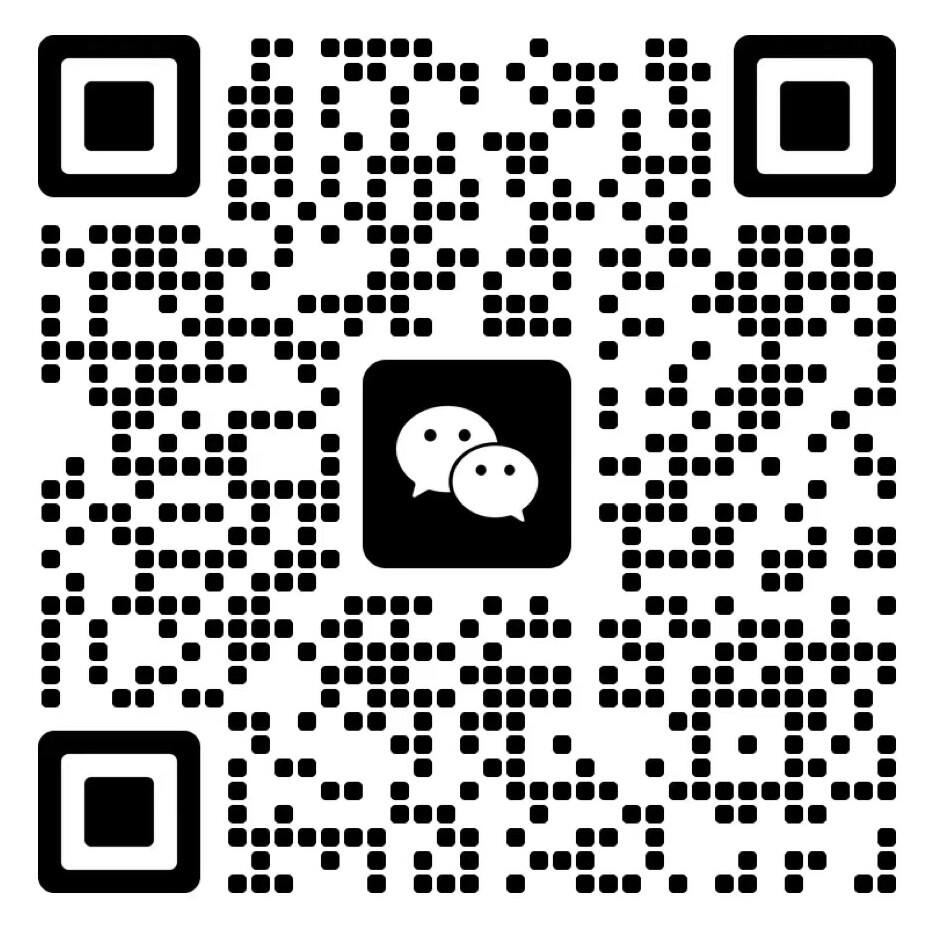ultrasonic thickness measurement
Ultrasonic thickness measurement represents a cutting-edge non-destructive testing method that utilizes high-frequency sound waves to determine the thickness of materials with exceptional precision. This technology operates by emitting ultrasonic pulses through a material and measuring the time taken for these waves to reflect back to the sensor. The measurement process relies on sophisticated transducers that convert electrical signals into ultrasonic waves and vice versa, enabling accurate thickness readings without damaging the tested material. The technology excels in measuring a wide range of materials, including metals, plastics, composites, and ceramics, with accuracy levels typically reaching 0.001 inches. Modern ultrasonic thickness gauges incorporate advanced features such as multiple measurement modes, digital displays, and data logging capabilities, making them invaluable tools across various industries. These devices prove particularly useful in quality control processes, maintenance inspections, and corrosion monitoring applications. The technology's versatility allows for measurements through coatings and in hard-to-reach areas, while its real-time measurement capabilities enable rapid assessment of material integrity. The non-invasive nature of ultrasonic thickness measurement makes it an ideal solution for inspecting critical components in aerospace, automotive, manufacturing, and petrochemical industries, where maintaining structural integrity is paramount.

